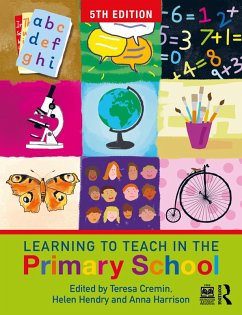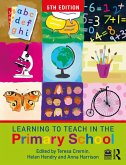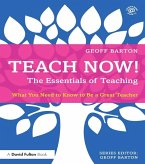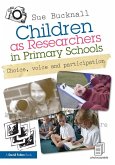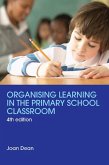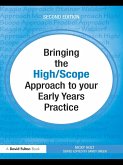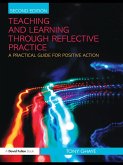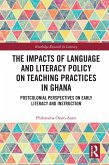Flexible, effective and creative primary school teachers require subject knowledge, an understanding of their pupils and how they learn, a range of strategies for managing behaviour and organising environments for learning, and the ability to respond to dynamic classroom situations.
The fifth edition of this bestselling textbook has been fully updated with the latest research and initiatives in the field, as well as the most recent curriculum and policy changes across the UK. It features two new co-editors and 13 new chapters and enhanced accessibility throughout. New or completely rewritten chapters have been included on:
- Reading curriculum
- Writing curriculum
- Maths curriculum
- Science curriculum
- Arts-enriched curriculum
- Humanities curriculum
- Adaptive teaching
- Education and wellbeing
- Education for sustainability
- Applying for jobs and preparing to be an ECT
A selection of extra tasks have been woven throughout, with an emphasis on innovative, reflective practice, and new 'vivid examples' bring each chapter's argument to life in a classroom context.
Providing a comprehensive but accessible introduction to teaching and learning in the primary school, covering everything a trainee needs to know in order to gain QTS, this accessible and engaging textbook is essential reading for all students training to be primary school teachers.
This textbook is supported by a free companion website with additional resources for instructors and students and an accompanying series of books on Teaching Creatively across the curriculum.
Dieser Download kann aus rechtlichen Gründen nur mit Rechnungsadresse in A, B, BG, CY, CZ, D, DK, EW, E, FIN, F, GR, HR, H, IRL, I, LT, L, LR, M, NL, PL, P, R, S, SLO, SK ausgeliefert werden.

